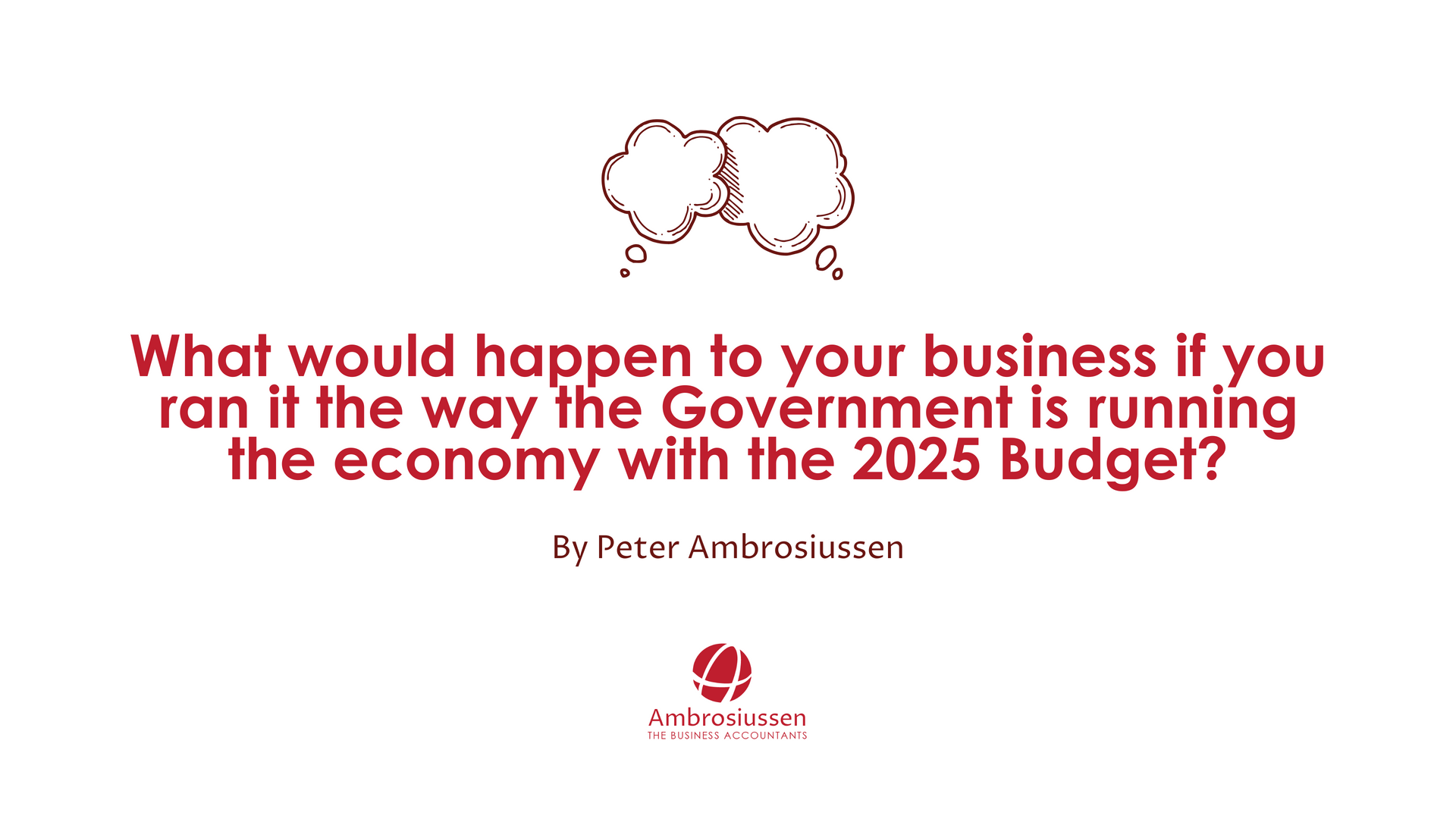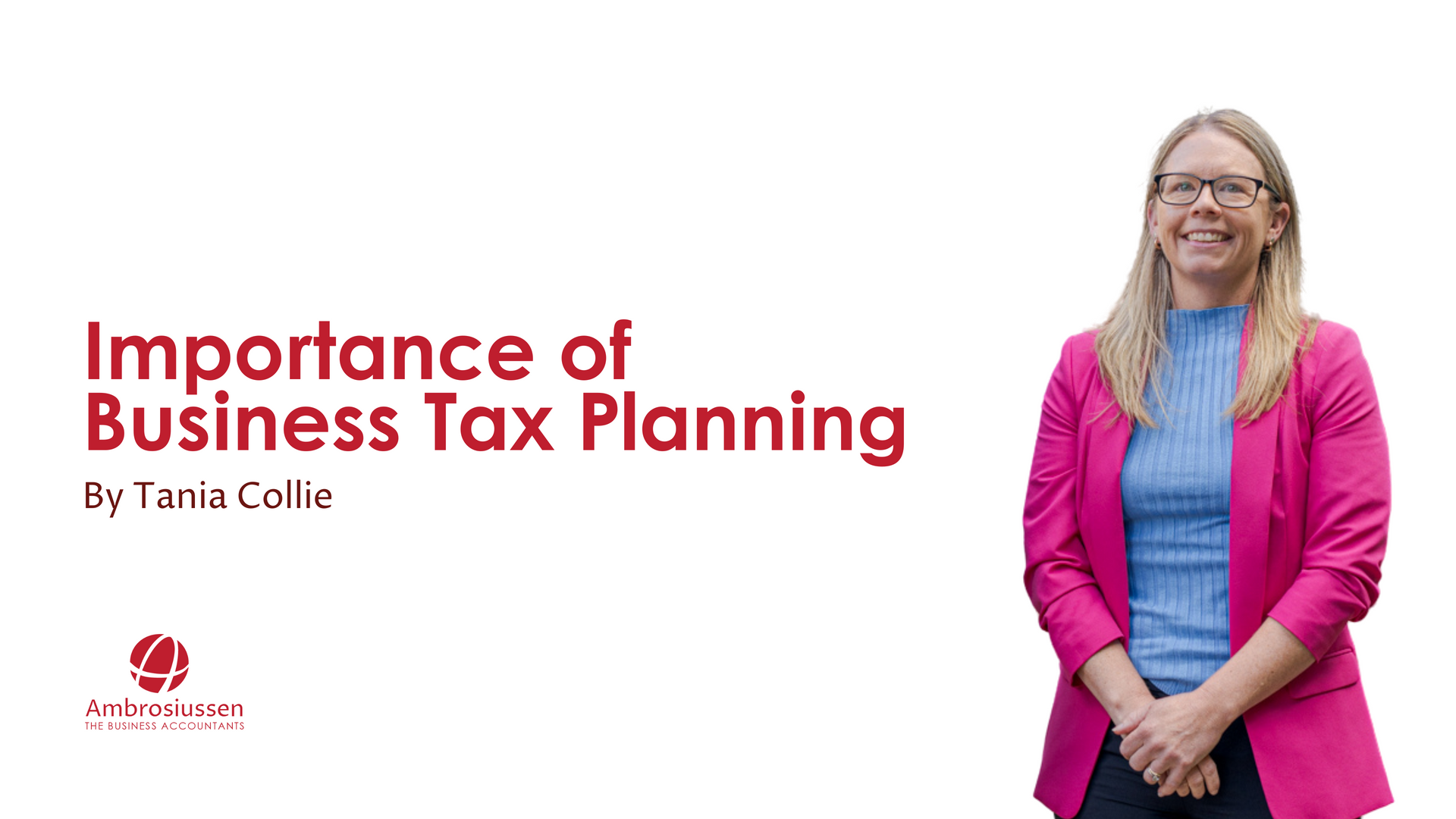What changed on 1 July 2023?
August 10, 2023
Employers & business
- Superannuation guarantee increases to 11% from 10.5%
- National and Award minimum wage increases take effect.
Superannuation
- Superannuation guarantee increases to 11%
- Indexation increases the general transfer balance cap to $1.9 million.
- Minimum pension amounts for super income streams return to default rates.
- SMSF transfer balance event reporting moves from annual to quarterly for all funds.
For you and your family
- The new 67 cent fixed rate method for working from home deductions – make sure you have a record of when you work from home. The ATO won’t accept a simple “I work from home every Wednesday” x 8 hours calculation.
- The child care subsidy will increase from 10 July 2023 for families with household income under $530,000. See the Services Australia website for details.
- New parents able to claim up to 20 weeks paid parental leave.
- Access the age pension increased to 67 years of age.
Important: 1 July 2023 wage increases
For employers, incorrectly calculating wages is not portrayed as a mistake, it’s “wage theft.” Beyond the reputational issues of getting it wrong, the Fair Work Commission backs it up with fines of $9,390 per breach for a corporation. In 2021-22 alone, the Fair Work Ombudsman recovered $532 million in unpaid wages recovered for over 384,000 workers.
On 1 July 2023, award rates of pay and the National Minimum Wage increased by 5.75%.
It is critically important that all employers review their payroll systems and ensure they are applying the correct rates and Awards.
The National Minimum Wage applies to workers not covered by an Award or registered agreement. From 1 July 2023, the National Minimum wage has increased to $23.23 per hour ($882.80 per week for a full time employee working a standard 38 hours week).
For casuals, the minimum wage including the 25% casual loading is a minimum of $29.04 per hour.
For workers under an Award, adult minimum award wages increase by 5.75% applied from the first full pay period on or after 1 July 2023. Proportionate increases apply to junior workers, apprentice and supported wages.
In addition, the superannuation guarantee increased from 10.5% to 11% on 1 July 2023.
If the employment agreement with your workers states the employee is paid on a ‘total remuneration’ basis (base plus SG and any other allowances), then their take home pay might be reduced by 0.5%. That is, a greater percentage of their total remuneration will be directed to their superannuation fund. For employees paid a rate plus superannuation, then their take home pay will remain the same and the 0.5% increase will be added to their SG payments.
Cents per kilometre increase
The cents per kilometre rate for motor vehicle expenses for 2023-24 has increased to 85 cents.
Ready to talk with us?
Contact Us
Like this article? Share it with people you know!




